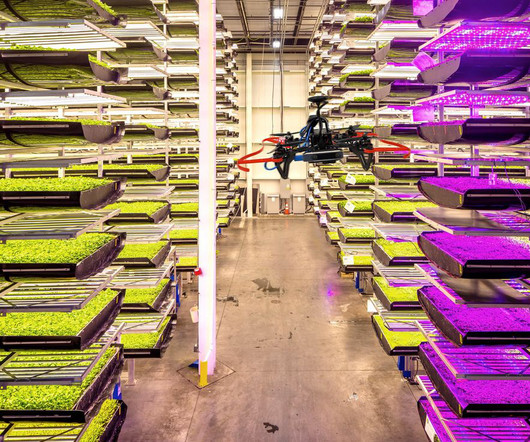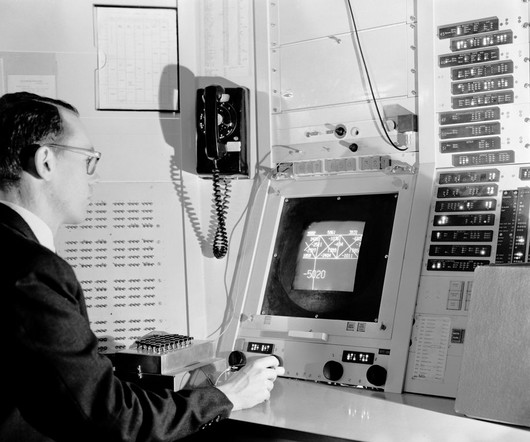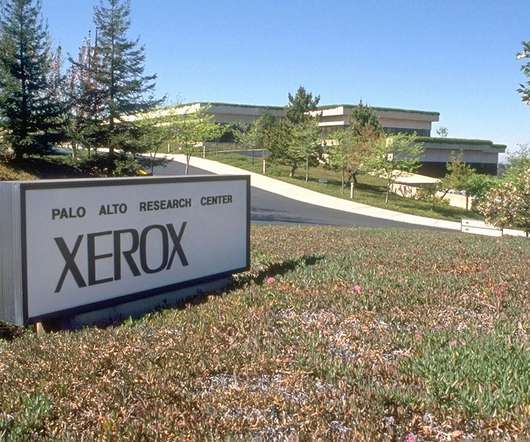WUSTL researchers demonstrate solar-panel-powered microbial electrosynthesis to produce n-butanol from light, CO2 and power
Green Car Congress
NOVEMBER 8, 2021
Researchers at Washington University in St. Louis have discovered a new way to train microbes to make n -butanol. Microorganisms have evolved a bewildering array of techniques to obtain nutrients from their surrounding environments. We hope that it can be a steppingstone for future sustainable solar fuel production.















Let's personalize your content